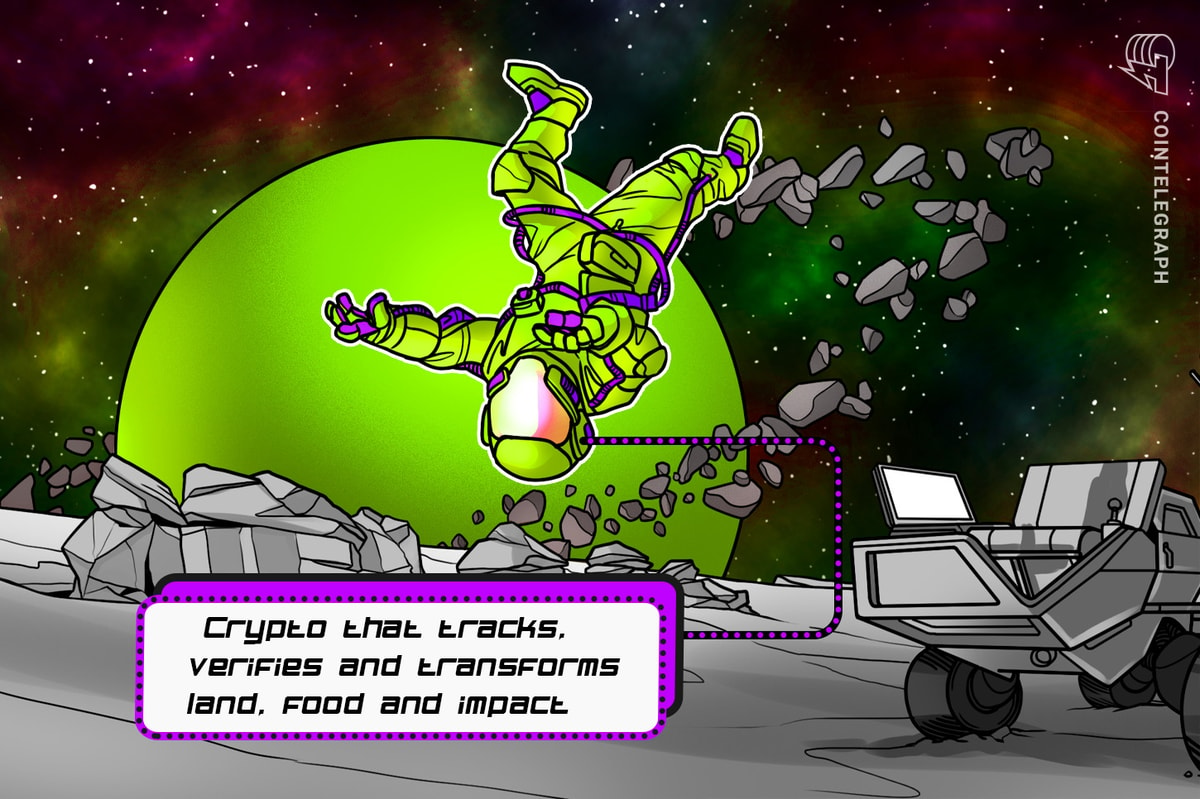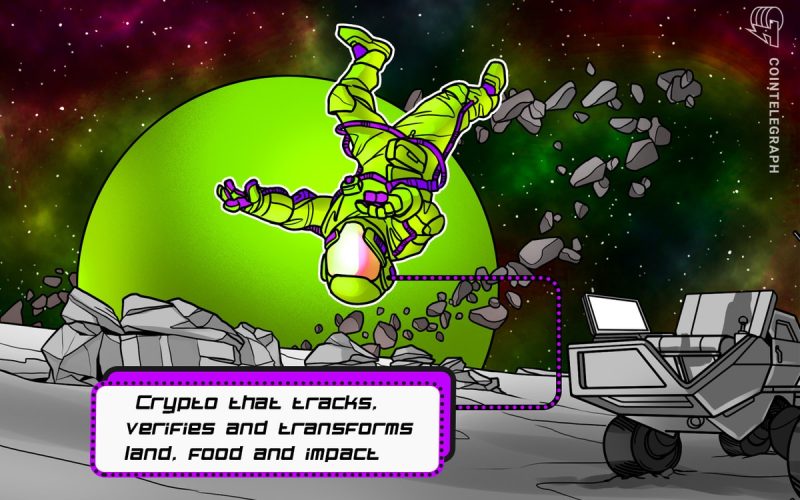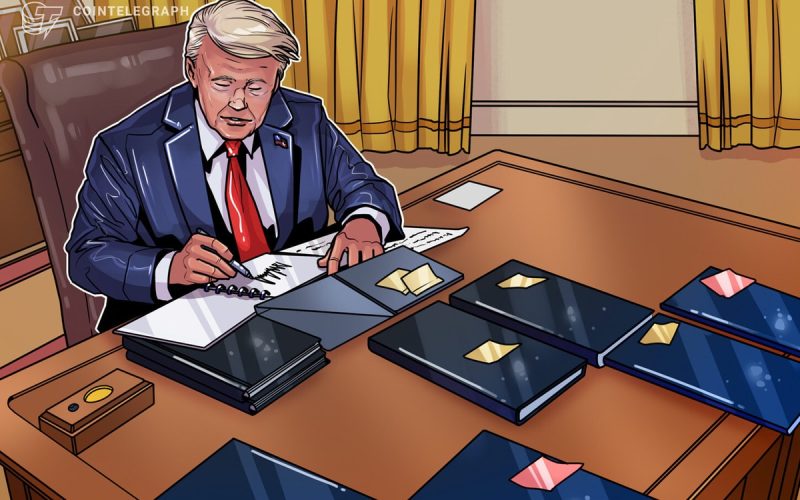As we move into 2025, the intersection of technology and agriculture continues to reveal innovative solutions to some of the world’s most pressing challenges. Recent discussions on the “Clear Crypto Podcast” illustrate how blockchain technology is transforming the agricultural sector, particularly in areas such as supply chain transparency, land ownership, and food waste management. In Episode 19, host Yana Leonova, an expert in agricultural economics, delves into the significant impact blockchain can have on enhancing sustainability and addressing food security issues.
Leonova argues that the partnership between agriculture and blockchain is not merely theoretical; it is rooted in practical applications that can benefit both the planet and individuals. She states, “Agriculture can be a great example of how blockchain can benefit the planet, sustainability and each and every one of us.” Her extensive experience, including her role within Dubai’s innovation ecosystem, allows her to highlight real-world applications of this technology.
One of the most notable use cases of blockchain in agriculture is supply chain transparency. Initiatives like IBM Food Trust and WWF’s OpenSC are pioneering efforts that track agricultural products, such as seafood and palm oil, on the blockchain. These projects aim to eliminate inefficiencies and provide consumers with clearer insights into the sourcing of their food.
In the context of the United Arab Emirates, Leonova highlights the Farm to Plate initiative, which has reportedly reduced food waste by approximately $6 billion by enhancing real-time visibility and aligning supply with demand. This initiative exemplifies how technology can streamline logistics while also tackling the critical issue of food waste.

Moreover, blockchain technology empowers smallholder farmers by eliminating intermediaries. “The idea is that we can use tokens and smart contracts… there is no middleman, no judgment,” Leonova explains. This shift towards direct transactions not only fosters economic independence for smallholders but also ensures fairer practices within the agricultural community.
The conversation also touches on a philosophical aspect of blockchain: the potential for justice in land ownership. Leonova argues that immutable ledgers can safeguard land rights, particularly in times of disaster when traditional paper records may be compromised. This feature of blockchain technology could be revolutionary for communities facing land disputes or loss of documentation.
Co-hosts Nathan Jeffay and Gareth Jenkinson emphasize that discussions around blockchain should transcend speculation and investment, focusing instead on practical solutions to real-world problems. “This isn’t about remote cryptography or currency trading,” Nathan asserts. “This is about addressing real-world problems.”
Despite ongoing skepticism regarding blockchain adoption, Leonova remains optimistic about its future in agriculture. To hear the full discussion and gain deeper insights into how blockchain is reshaping the agricultural landscape, listeners can tune into the complete episode on the “Clear Crypto Podcast,” available on platforms such as Cointelegraph’s Podcasts page, Apple Podcasts, or Spotify.
As we advance through 2025, the integration of blockchain in agriculture presents a promising avenue for enhancing food security and sustainability, making it a vital topic for ongoing exploration and discussion.
“Agriculture can be a great example of how blockchain can benefit the planet, sustainability and each and every one of us.” – Yana Leonova









